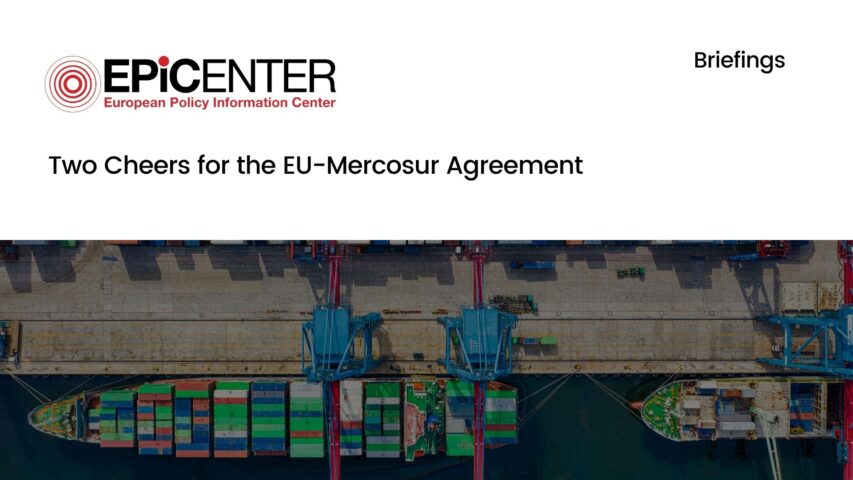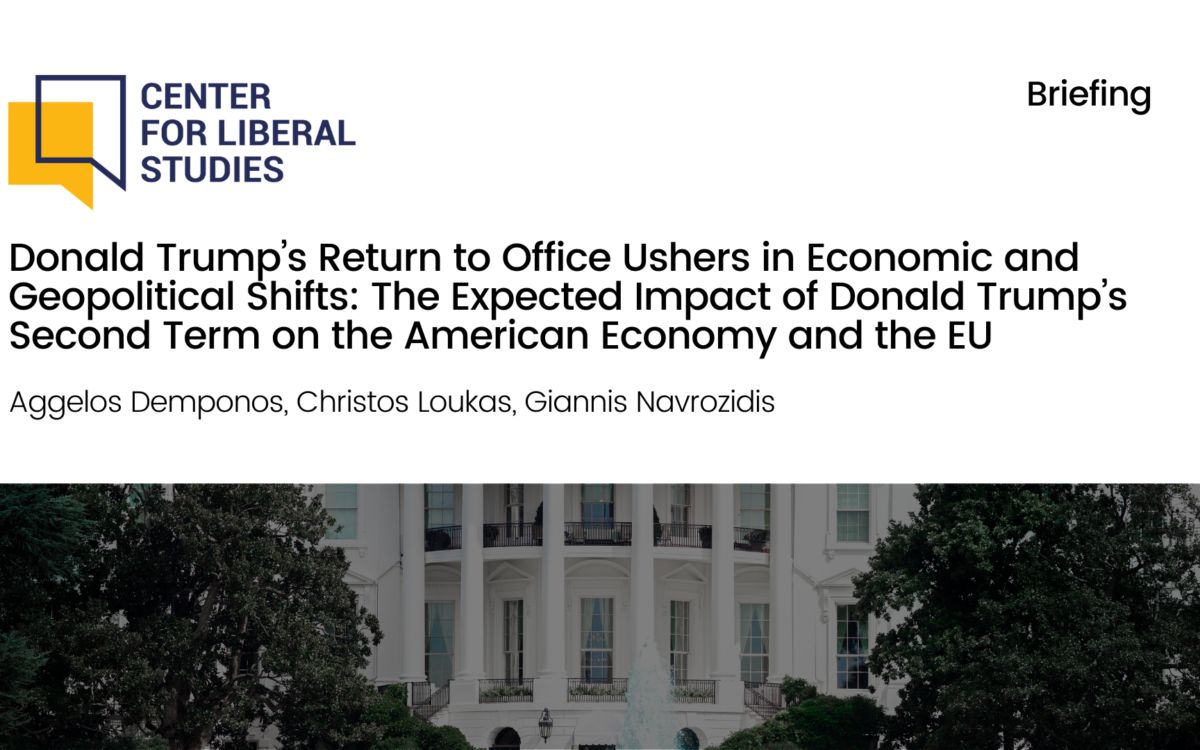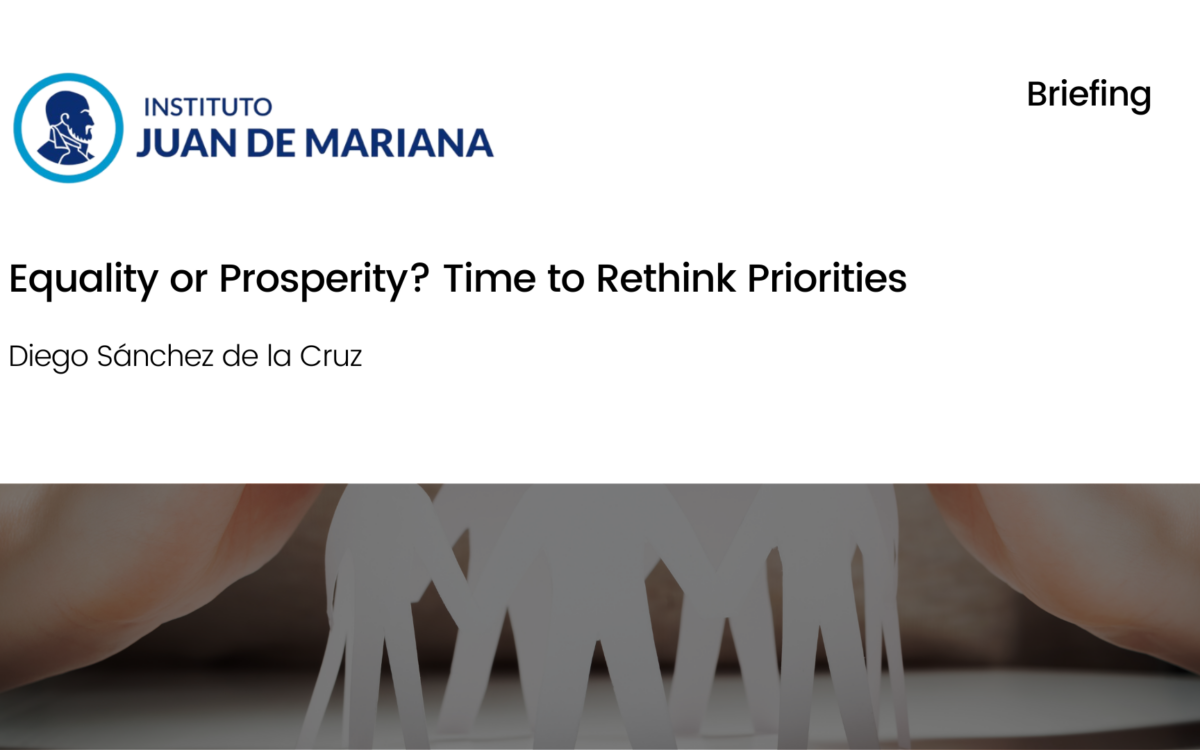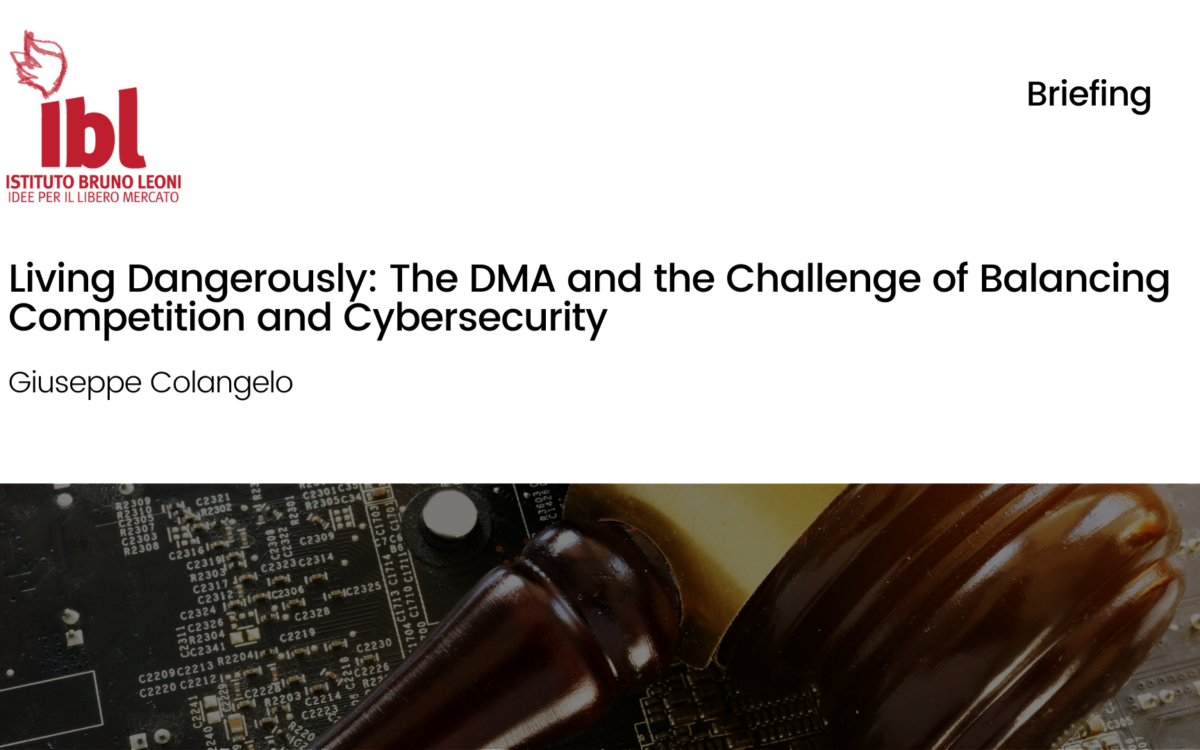Two Cheers for the EU-Mercosur Agreement

Two Cheers for the EU-Mercosur Agreement
August 2019
The new EU-Mercosur Agreement only superficially rejects protectionism. As much as it liberalises trade, it also protects European defensive interests and extends the EU’s regulatory influence, to the detriment of Mercosur producers and European consumers.
The reductions in trade barriers have been selective, avoiding major EU defensive interests like agricultural goods and geographical indicators. European consumers will forego the benefits of freer trade in these areas.
By promoting the EU’s regulatory standards and competition law, the agreement privileges European firms, limiting competition from Mercosur firms while slowing innovation and likely reducing growth, as a result.
The agreement is positive on public procurement, subsidies and state-owned enterprises. It also contains standard provisions for sustainable development, transparency and dispute settlement, and promises cooperation in fields such as animal welfare.
Download or share this publication
View the PDF
EPICENTER publications and contributions from our member think tanks are designed to promote the discussion of economic issues and the role of markets in solving economic and social problems. As with all EPICENTER publications, the views expressed here are those of the author and not EPICENTER or its member think tanks (which have no corporate view).



